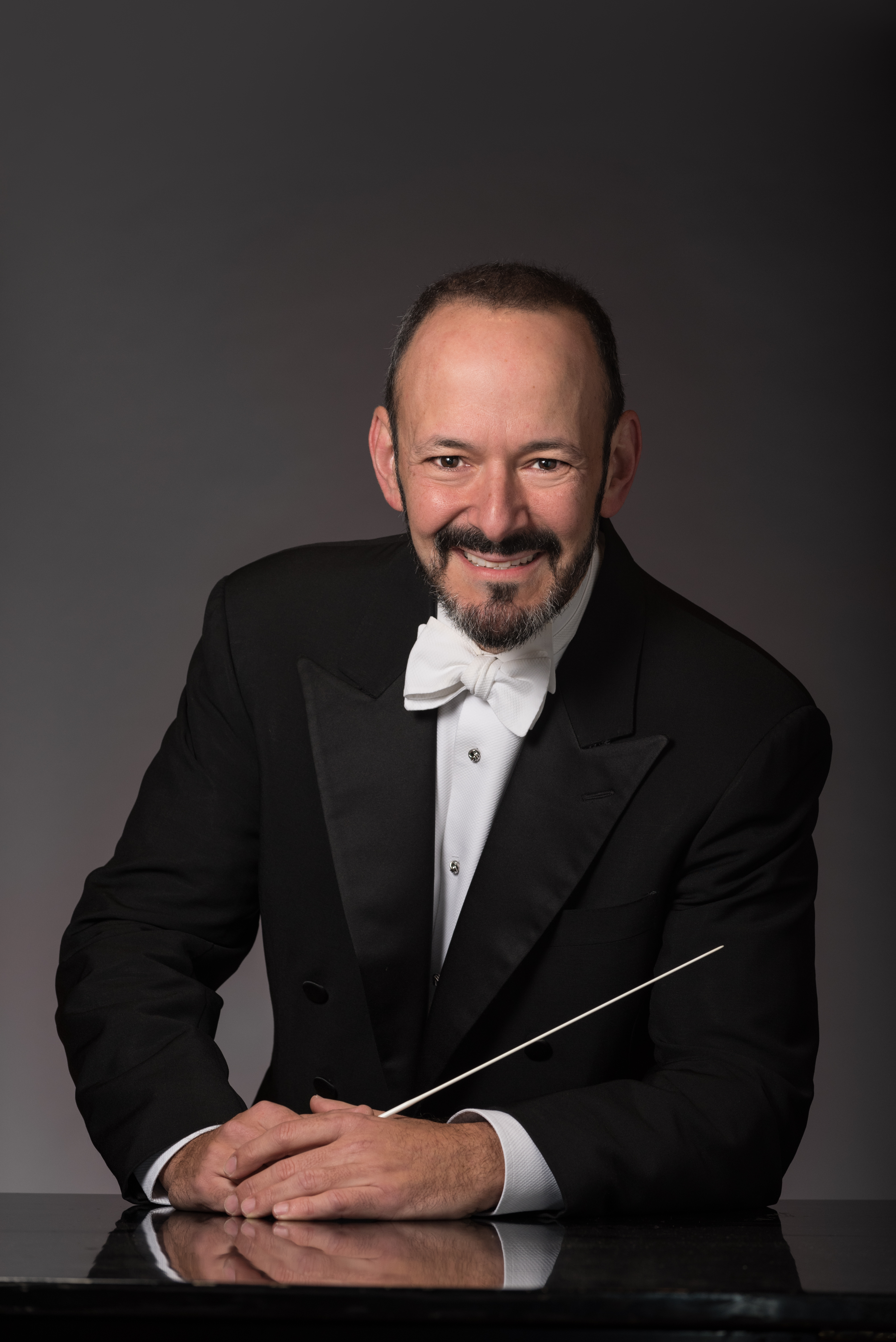Vaughan Williams' "Dona nobis pacem"
03/25/08
I'm taking a break from my studies of Ralph Vaughan Williams' masterful choral work, Dona nobis pacem. I've decided, based on my studies, not to do a podcast on the piece.
So what happened to cause this decision?
I started weeping while studying. This doesn't usually happen to me. The process of studying for me is usually fairly cerebral. I do, of course, think a lot about the emotional content of the music, but, again, from an intellectual standpoint. The true emotion generally comes out later, in rehearsal and performance.
But for some reason, this piece got to me today. I don't know if it's Walt Whitman's moving poetry, the heart-wrenching, gorgeous music that Vaughan Williams provides to illumine it, or the sad timeliness of the piece's theme given this week's news (4000 Americans and countless Iraqis dead), but whatever it is, the resulting work of art packs a powerful punch.
Dona nobis pacem was composed in the early 1930's, on the eve of World War II, when Europe would destroy itself. The piece, for chorus, two soloists and orchestra, is on the one hand a prayer for peace, and at the same time, a pondering of the horrors of war.
My guess is that the vast majority of our audience has not heard this work before, and I want them to experience it unencumbered by pre-conception, analysis, or pre-concert musical snippets.
It should be a memorable evening.
So what happened to cause this decision?
I started weeping while studying. This doesn't usually happen to me. The process of studying for me is usually fairly cerebral. I do, of course, think a lot about the emotional content of the music, but, again, from an intellectual standpoint. The true emotion generally comes out later, in rehearsal and performance.
But for some reason, this piece got to me today. I don't know if it's Walt Whitman's moving poetry, the heart-wrenching, gorgeous music that Vaughan Williams provides to illumine it, or the sad timeliness of the piece's theme given this week's news (4000 Americans and countless Iraqis dead), but whatever it is, the resulting work of art packs a powerful punch.
Dona nobis pacem was composed in the early 1930's, on the eve of World War II, when Europe would destroy itself. The piece, for chorus, two soloists and orchestra, is on the one hand a prayer for peace, and at the same time, a pondering of the horrors of war.
My guess is that the vast majority of our audience has not heard this work before, and I want them to experience it unencumbered by pre-conception, analysis, or pre-concert musical snippets.
It should be a memorable evening.
blog comments powered by Disqus
